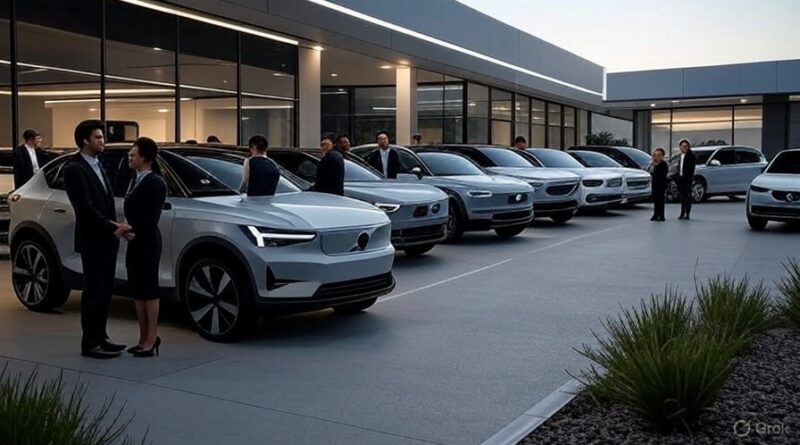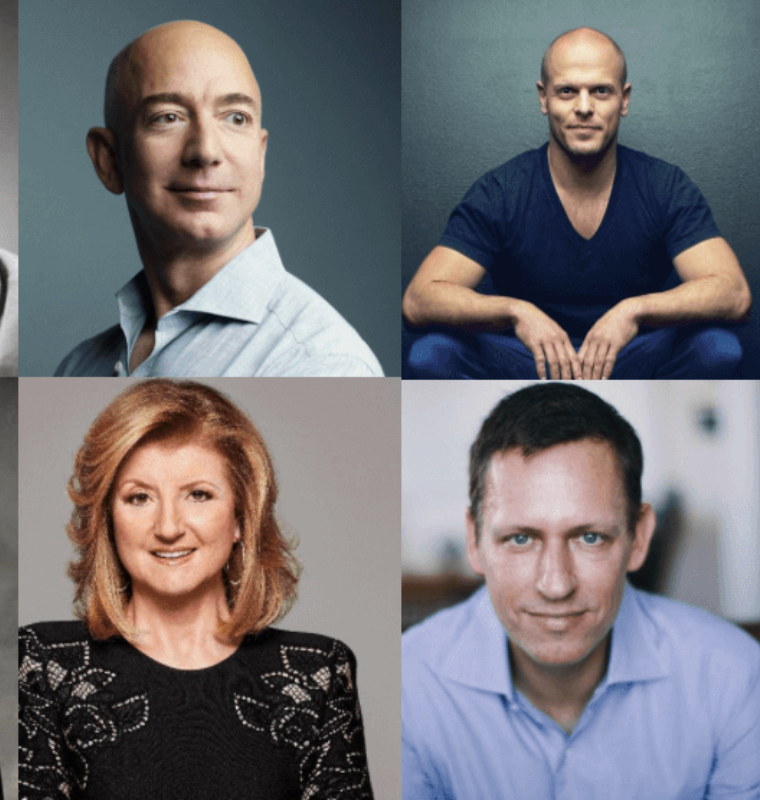Volvo Cars Revamps U.S. Strategy Amid Rising Tariffs Pressure
Volvo Cars Revamps U.S. Strategy Amid Rising Tariffs Pressure
By
Junia Wells
Last updated:
July 18, 2025
First Published:
August 3, 2025

Photo: CarExamer
Volvo Cars Navigates Tariff Challenges with Strategic U.S. Expansion
Sweden-based Volvo Cars, one of the European automakers most exposed to steep U.S. tariffs, revealed a significant shift in its U.S. operations following a challenging second quarter marked by profit declines and industry-wide headwinds.
Despite a sharp year-over-year drop in operating profit, Volvo’s Q2 results modestly exceeded analyst expectations, buoying its shares by over 8% on Thursday.
Financial Results Reflect Tariff Impact and Industry Challenges
For the quarter ending June 30, Volvo Cars reported an operating profit of 2.9 billion Swedish kronor ($298 million), a steep decline from 8 billion kronor in the same period last year. Meanwhile, revenue fell to 93.5 billion kronor, down from 101.5 billion kronor in Q2 2024.
The firm cited ongoing market challenges, compounded by a one-time, non-cash impairment charge of 11.4 billion kronor as factors weighing on profitability.
Despite these setbacks, analysts at JPMorgan highlighted that the results were “better than feared,” signaling resilience amid tariff pressures and shifting consumer preferences.
Strategic Production Shift: Building XC60 Locally to Mitigate Tariff Effects
In response to the U.S. tariffs — which impose 27.5% on European-made vehicles and up to 100% on Chinese-imported EVs — Volvo is accelerating its localization efforts. The company announced plans to begin producing its top-selling SUV, the XC60, at its Ridgeville, South Carolina plant by late 2026.
This move aims to shield the XC60 from import tariffs and capitalize on strong U.S. demand. The XC60 has been Volvo’s best-selling model globally for several years, and local production is expected to optimize costs and improve supply chain efficiency.
Product Portfolio Adjustments Amid Shifting U.S. Consumer Preferences
Alongside ramping up XC60 production domestically, Volvo is streamlining its U.S. lineup by phasing out sedans and station wagons, reflecting declining demand in these segments.
CEO Håkan Samuelsson emphasized that Volvo is committed to the U.S. market, where it has maintained a presence for over 70 years. Speaking to CNBC, Samuelsson said the company’s priority is to maximize the utilization of its South Carolina factory, “the strategic asset it was intended to be.”
He explained, “With tariffs in place, it’s natural to bring in a high-volume model like the XC60 SUV, produced locally, to strengthen our position.”
Market Reaction and Future Outlook
Volvo’s shares have struggled this year, down approximately 20% year-to-date, reflecting broader industry uncertainty and tariff-related pressures. However, Thursday’s stock boost demonstrates investor confidence in Volvo’s tactical adjustments.
As the tariff environment continues to evolve, Volvo’s strategy of shifting production to the U.S. and refining its product lineup could serve as a blueprint for other European automakers grappling with similar trade challenges.
Facing a complex landscape of escalating tariffs and changing consumer tastes, Volvo Cars is recalibrating its U.S. presence through targeted manufacturing expansion and portfolio realignment. This approach aims not only to mitigate the financial impact of trade barriers but also to position Volvo for sustainable growth in a competitive and dynamic market.
Popular articles
Subscribe to unlock premium content
Bolivia How Lithium Mining Policies Are Positioning It as the Next Global EV Battery Hub

Naval Ravikant The Angel Investments That Quietly Made Him a Multimillionaire

Rising From the Rubble Lessons From Billionaires Who Failed 10 Times Before Success

Bolivia How Lithium Mining Policies Are Positioning It as the Next Global EV Battery Hub

Naval Ravikant The Angel Investments That Quietly Made Him a Multimillionaire

Bolivia How Lithium Mining Policies Are Positioning It as the Next Global EV Battery Hub









